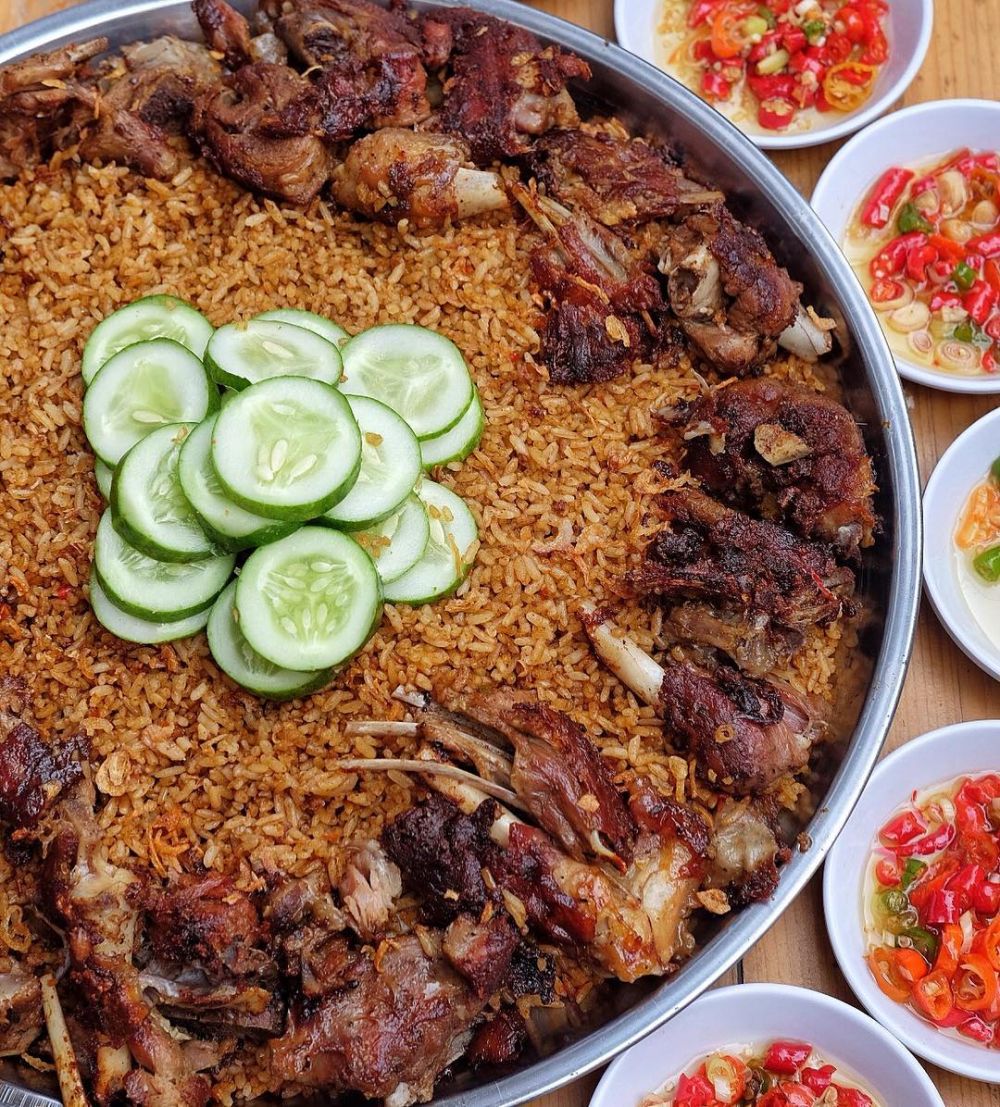Master Sugar-Free Middle Eastern Cuisine

Master Sugar-Free Middle Eastern Cuisine
Are you craving the rich flavors of Middle Eastern food but want to keep your sugar intake in check? You're in the right place! Let's dive into the world of sugar-free Middle Eastern recipes that are not only healthy but also bursting with authentic flavors.
Why Go Sugar-Free in Middle Eastern Cuisine?
Middle Eastern cuisine is renowned for its vibrant spices, hearty dishes, and delicious desserts. However, many traditional recipes are laden with sugar. By opting for sugar-free cooking, you can enjoy the same authentic flavors without the added sugar. This is especially beneficial for those watching their sugar intake for health reasons or simply looking to maintain a healthier lifestyle.
Understanding Middle Eastern Cuisine
Before we dive into the recipes, let's understand what makes Middle Eastern cuisine so unique. This region encompasses countries like Lebanon, Egypt, Turkey, and Israel, each with its own culinary traditions. Common ingredients include spices like cumin, coriander, and cardamom, as well as staples like chickpeas, lentils, and yogurt.
Essential Ingredients for Sugar-Free Middle Eastern Dishes
To create healthy Middle Eastern food without sugar, you'll need a few key ingredients:
- Spices: Cumin, coriander, turmeric, paprika, and za'atar.
- Herbs: Parsley, mint, and cilantro.
- Proteins: Chickpeas, lentils, and lean meats like chicken and lamb.
- Dairy: Greek yogurt and feta cheese.
- Grains: Bulgur, couscous, and quinoa.
Popular Sugar-Free Middle Eastern Recipes
Hummus
Hummus is a staple in Middle Eastern cuisine and is naturally sugar-free. Made from chickpeas, tahini, garlic, and lemon juice, it's a versatile dip that pairs well with pita bread or vegetables.
Falafel
Falafel is another classic no sugar Middle Eastern dish. These crispy chickpea fritters are seasoned with herbs and spices and can be enjoyed as a snack or part of a meal.
Baba Ganoush
This smoky eggplant dip is a delightful addition to any meal. Made with roasted eggplant, tahini, garlic, and lemon juice, it's a perfect example of sugar-free Middle Eastern recipes.
Tabbouleh
Tabbouleh is a refreshing salad made with bulgur, parsley, tomatoes, cucumbers, and a tangy lemon dressing. It's a great side dish or light meal option.
Shakshuka
Shakshuka is a hearty dish of poached eggs in a spicy tomato sauce. It's a popular breakfast option in the Middle East and is naturally sugar-free.
Tips for Sugar-Free Cooking
Substitute Sweeteners
If a recipe calls for sugar, consider using natural sweeteners like honey, maple syrup, or dates. However, use them sparingly to keep the sugar content low.
Focus on Spices
Spices can add a depth of flavor to your dishes without the need for sugar. Experiment with different combinations to find what you like best.
Use Fresh Ingredients
Fresh herbs and vegetables can enhance the natural sweetness of your dishes. Opt for seasonal produce to get the best flavors.
Health Benefits of Sugar-Free Middle Eastern Food
Improved Digestion
Many Middle Eastern dishes are rich in fiber from legumes and vegetables, which aids in digestion and keeps you feeling full for longer.
Heart Health
The use of healthy fats like olive oil and the abundance of herbs and spices can contribute to better heart health.
Weight Management
By reducing sugar intake, you can better manage your weight and maintain a healthier lifestyle.
Exploring Authentic Middle Eastern Cuisine
For more inspiration, check out the Middle Eastern recipes collection on BBC Good Food. You'll find a variety of dishes that you can adapt to be sugar-free.
Conclusion
Mastering sugar-free Middle Eastern recipes is not only possible but also incredibly rewarding. By focusing on fresh ingredients, vibrant spices, and natural sweeteners, you can enjoy the rich flavors of authentic Middle Eastern cuisine without compromising your health. So, why not give it a try and discover a new world of delicious, healthy food?
FAQs
Can I still enjoy Middle Eastern desserts without sugar?
Yes, you can! Many traditional desserts can be adapted to be sugar-free by using natural sweeteners like dates or honey. You can also opt for fruit-based desserts or yogurt-based treats.
What are some common spices used in Middle Eastern cuisine?
Common spices include cumin, coriander, turmeric, paprika, and za'atar. These spices add depth and flavor to dishes without the need for sugar.
How can I make hummus at home?
To make hummus, blend cooked chickpeas, tahini, garlic, lemon juice, and a pinch of salt until smooth. Adjust the seasoning to taste and serve with pita bread or vegetables.
What is a good substitute for sugar in Middle Eastern recipes?
Natural sweeteners like honey, maple syrup, or dates can be used as substitutes for sugar. However, use them sparingly to keep the sugar content low.
Is Middle Eastern food generally healthy?
Yes, Middle Eastern food can be very healthy. It often includes a variety of vegetables, legumes, and healthy fats like olive oil. By opting for sugar-free versions, you can make it even healthier.

Belum ada Komentar untuk " Master Sugar-Free Middle Eastern Cuisine"
Posting Komentar